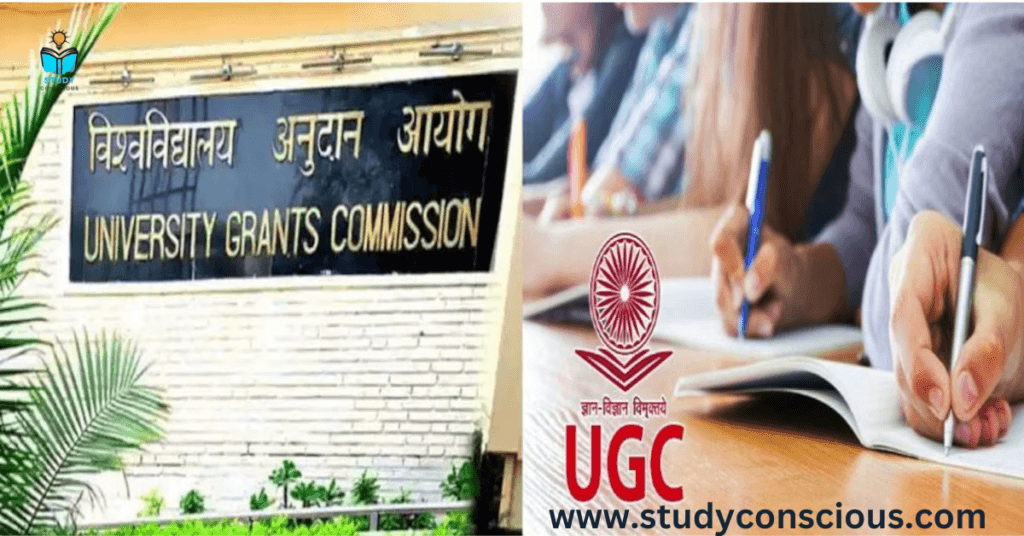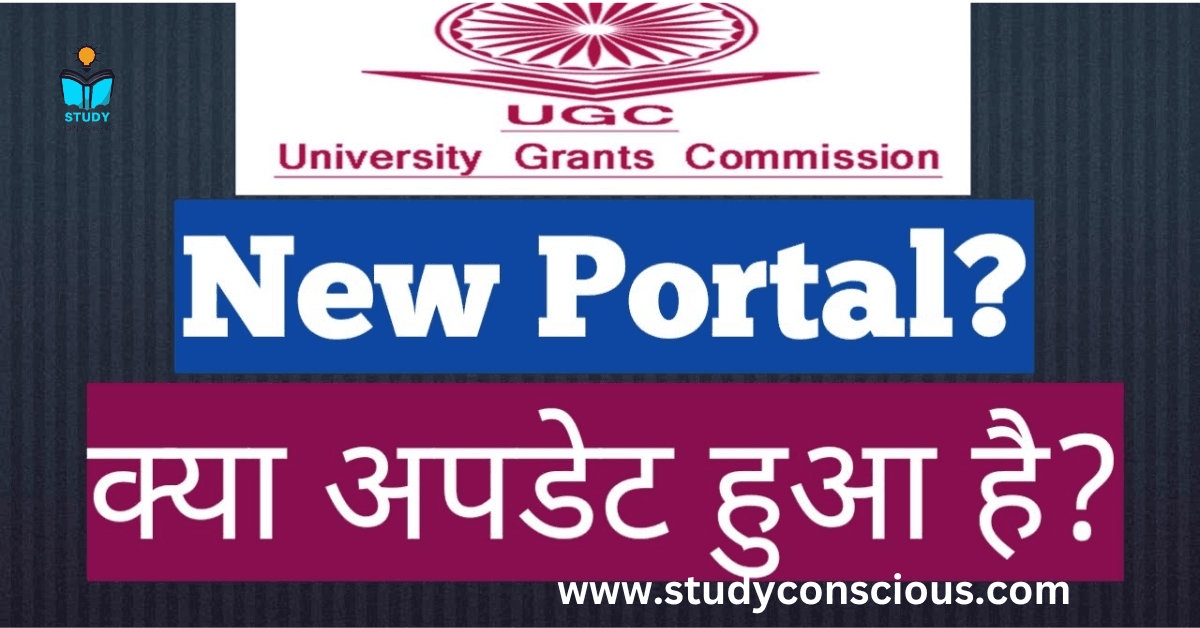The University Grants Commission (UGC) has recently implemented several significant changes to the National Eligibility Test (NET) regulations, particularly concerning eligibility criteria for Assistant Professor positions. These modifications aim to standardize qualifications for academic staff in universities and colleges, ensuring higher standards of education.
Key Changes in Eligibility Criteria:
- Exemption for M.E./M.Tech. Holders: Candidates possessing a Master’s degree in Engineering and Technology (M.E./M.Tech.) with a minimum of 55% marks are now eligible for Assistant Professor roles without the necessity to clear the NET exam.
- Ph.D. Holders: Individuals who have completed a Bachelor’s degree (NCrF Level 6) with at least 75% marks, a Master’s degree (NCrF Level 6.5) with a minimum of 55% marks, and a Ph.D. (NCrF Level 8) are also considered qualified for Assistant Professor positions.
- NET Requirement for Other Candidates: For candidates holding a postgraduate degree that meets NCrF Level 6.5 criteria but do not possess a Ph.D., clearing the NET, SLET/SET, or an equivalent examination remains mandatory to qualify for Assistant Professor roles.
Additional Updates:
- Syllabus Revision: The UGC has announced plans to revise the NET syllabus in alignment with the National Education Policy 2020. An expert committee will oversee this revision, with changes expected to be implemented in the December 2024 cycle.
- Online Examination Mode: The UGC NET June 2024 re-examination will be conducted online as a Computer-Based Test (CBT), replacing the previous pen-and-paper format.
These changes are designed to enhance the quality and accessibility of higher education in India. Candidates are encouraged to review the updated eligibility criteria and prepare accordingly.
The University Grants Commission (UGC) is a statutory body established by the Government of India in 1956 under the UGC Act, 1956. It is responsible for coordinating, determining, and maintaining the standards of higher education in India.
Key Roles and Functions of UGC:

- Regulating Higher Education Institutions:
- UGC plays a central role in the establishment and accreditation of universities and colleges.
- It ensures that institutions meet the required standards of education, research, and administration.
- Granting Recognition to Universities:
- UGC provides recognition to universities and grants them the authority to award degrees, diplomas, and certificates.
- Allocating Funds:
- UGC is responsible for disbursing grants and funds to universities and colleges for various educational programs, research activities, and infrastructural development.
- Research and Development:
- UGC promotes research in higher education institutions by funding research projects and fellowships, such as the Junior Research Fellowship (JRF) and Senior Research Fellowship (SRF).
- Conducting the UGC NET:
- UGC conducts the National Eligibility Test (NET) for candidates aspiring to be professors in Indian universities and colleges. It is a key examination for determining eligibility for Assistant Professor roles and Junior Research Fellowship (JRF).
- Setting Standards for Higher Education:
- UGC defines norms for curriculum design, teaching methodologies, and faculty qualifications to ensure uniformity in the education system across India.
- It works closely with other regulatory bodies like the All India Council for Technical Education (AICTE) and the National Board of Accreditation (NBA).
- Quality Assurance and Accreditation:
- UGC collaborates with NAAC (National Assessment and Accreditation Council) to assess and accredit institutions.
- It also works with the NIRF (National Institutional Ranking Framework) for assessing universities and colleges based on multiple parameters.
- Promoting International Collaboration:
- UGC encourages collaboration between Indian universities and foreign educational institutions, fostering exchange programs, research collaborations, and student mobility.
- Monitoring and Addressing Malpractices:
- It monitors universities to prevent fake degrees and accreditation issues, ensuring that degrees awarded are legitimate and recognized by the government.
Key Initiatives by UGC:
- National Institutional Ranking Framework (NIRF):
- UGC has implemented the NIRF to rank Indian institutions across various parameters such as teaching, learning, resources, research, and social impact.
- National Mission on Education through Information and Communication Technology (NMEICT):
- UGC is involved in this project, which aims to improve the quality of education in India through digital technologies, online learning, and open courses.
- Scholarships and Fellowships:
- UGC offers several scholarships and fellowships to students for pursuing higher education, including the UGC Scholarship Scheme for SC/ST students and Indira Gandhi Scholarship for Single Girl Child.
- Promotion of Indian Languages:
- UGC has also initiated programs to promote Indian languages through various university departments, recognizing the importance of preserving and propagating linguistic diversity.
Recent Developments and Changes:
- UGC is actively working to align the Indian higher education system with global standards through the National Education Policy 2020.
- The implementation of a credit-based academic system, online learning initiatives, and revised eligibility norms like for the UGC NET exam, are some steps toward improving the system.
Challenges Faced by UGC:
- Ensuring Quality Control: With the increase in the number of universities and colleges, maintaining consistent quality has been challenging.
- Funding Issues: Financial constraints and the uneven distribution of funds among universities have hindered some growth and development efforts.
- Private Institutions: With the rise of private institutions, UGC faces challenges in ensuring that these institutions meet the required academic and administrative standards.
The UGC is an integral body that shapes higher education in India, and its role continues to evolve as educational paradigms shift globally.











